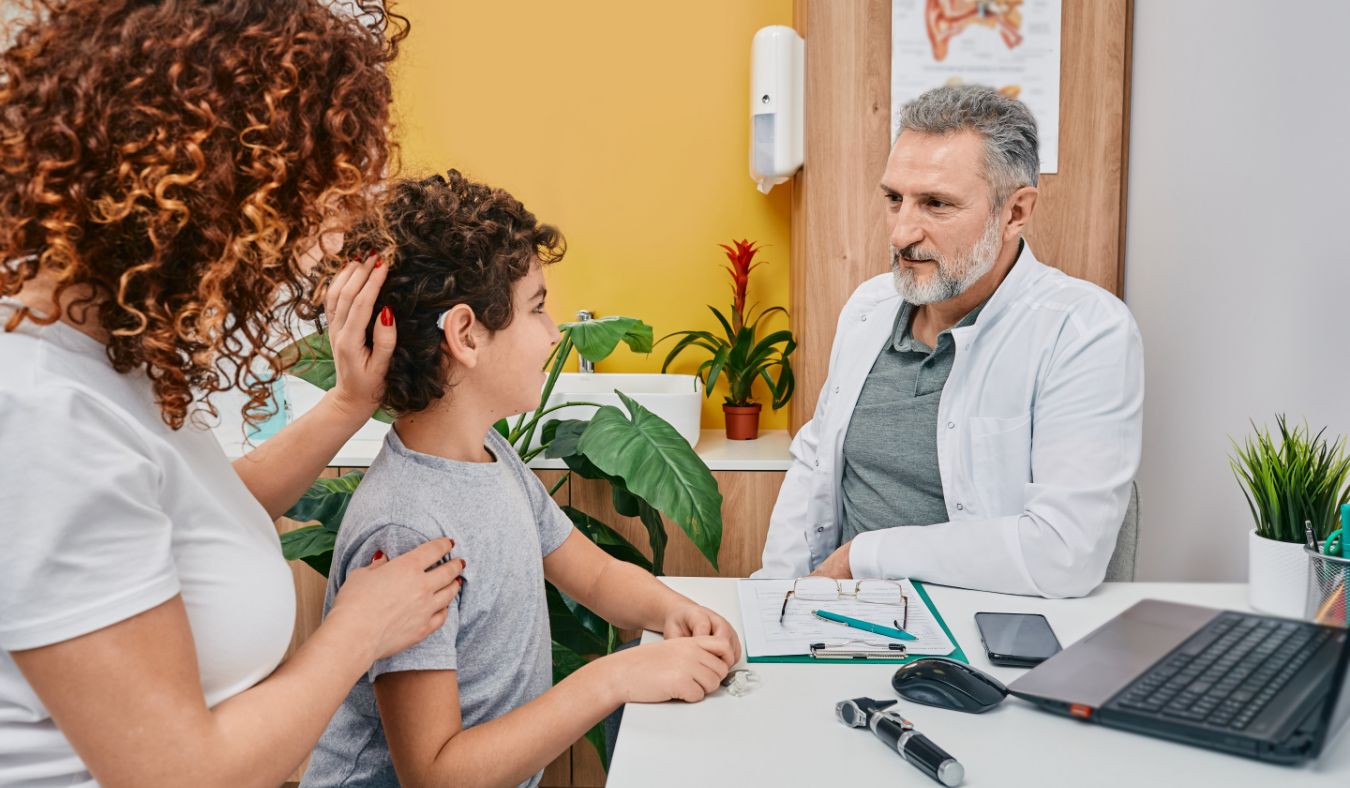The Role of Wearable Technology in Hearing Health
Wearable technology has changed how we track our daily health – from
We’ve moved to our new permanent location! Learn More


Wearable technology has changed how we track our daily health – from

Taking your child to their first hearing test is an important step in

Sound is an important part of our world, and hearing aids can help open up